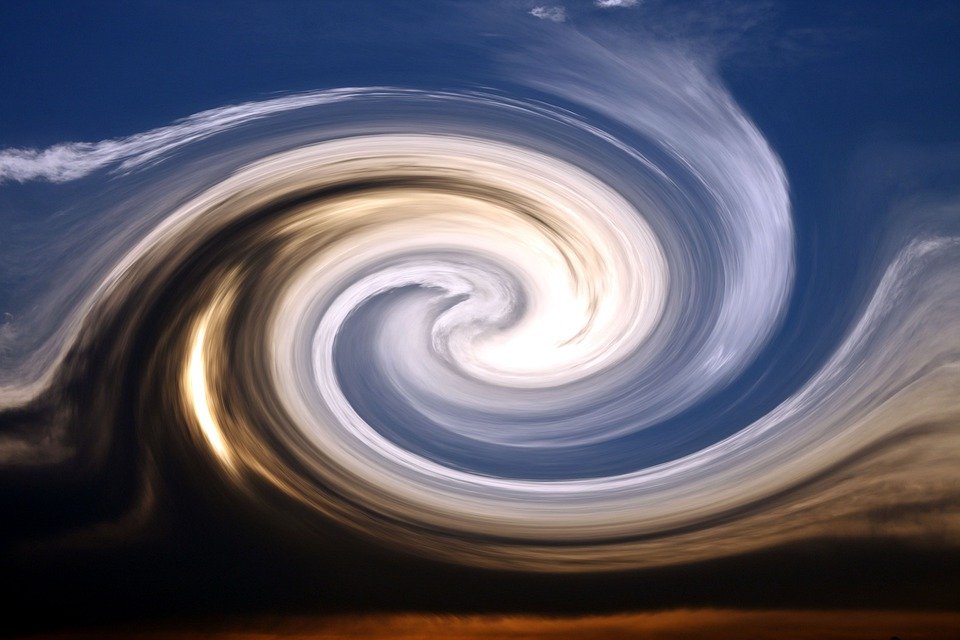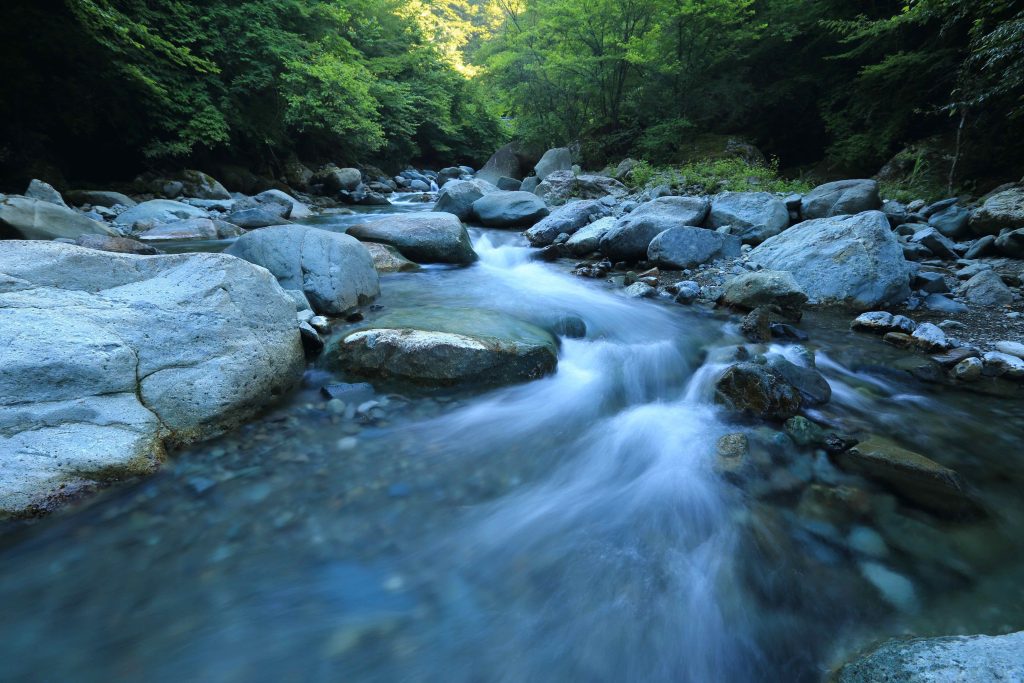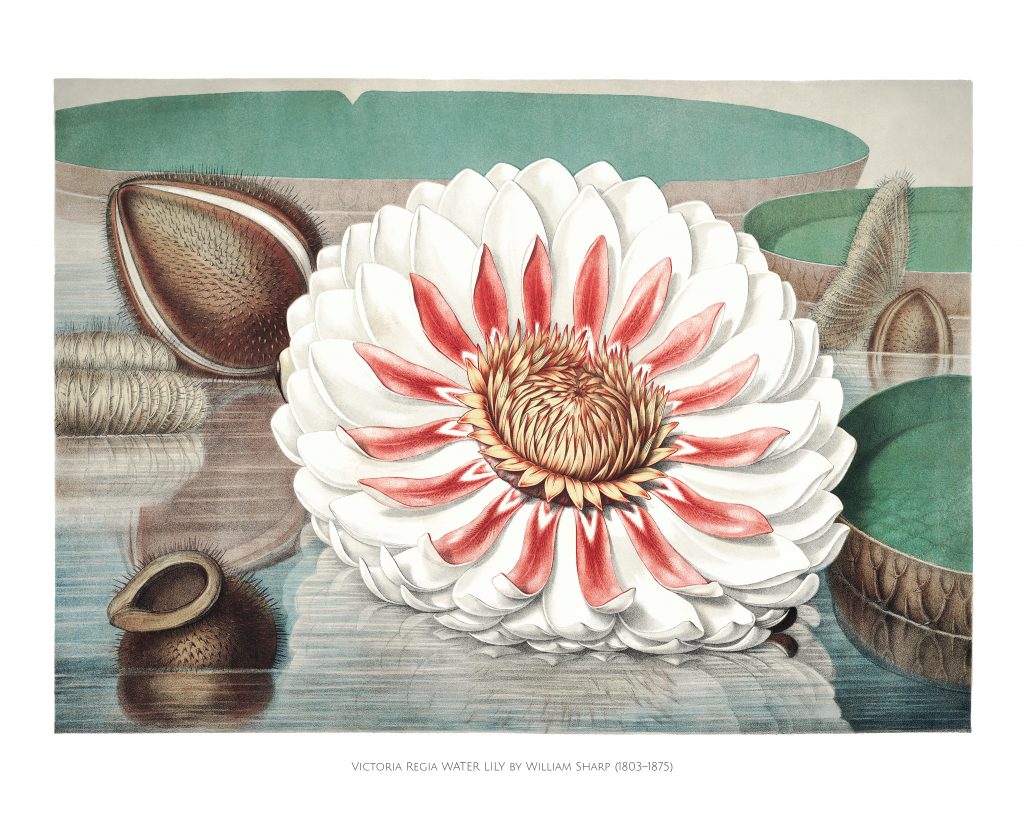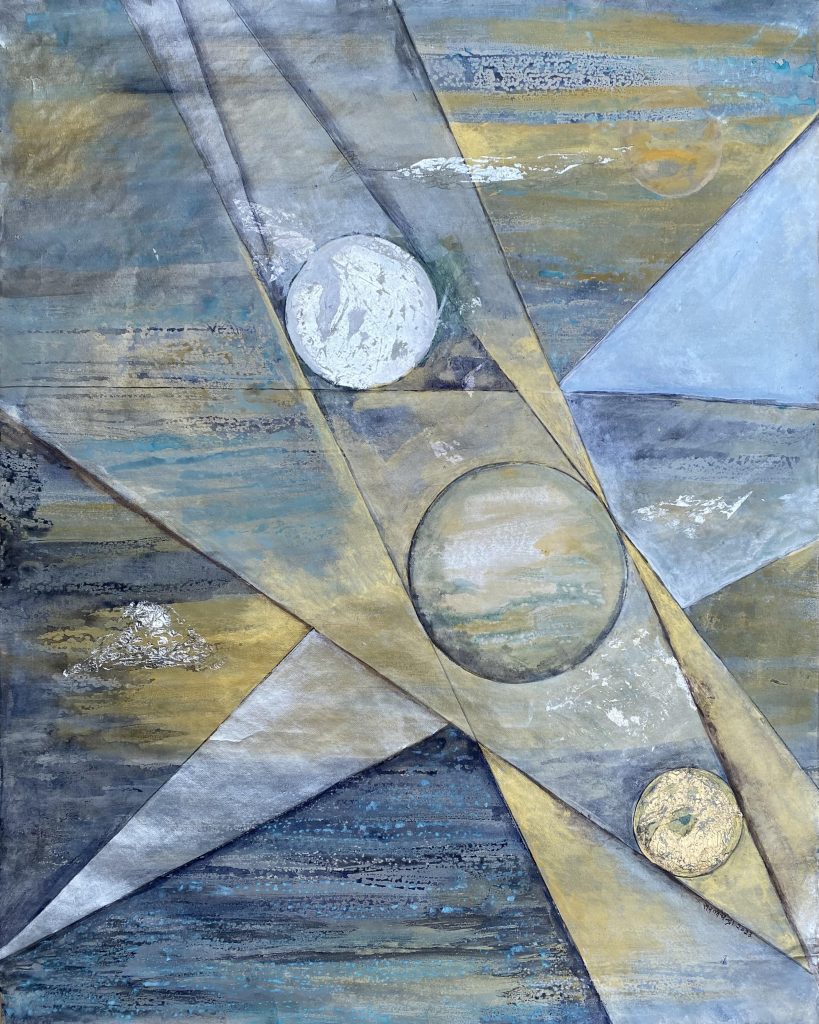What the Wind Taught
A number of years ago, I embarked on a vision quest under the auspices of two Native American spiritual teachers. At the time, I was steeped in the fear of losing livelihood and whatever possessions I had. At least I had the presence of mind to understand that those fears were based in other deeper, older fears: fears of survival, unworthiness, and so forth—the heritage of early loss. I was attempting to sort through all of this while sitting vigil in a small stone circle as the October sun beat down on my little encampment somewhere in the high desert of New Mexico.
It was not going well. I watched ravens and clouds, jotted random thoughts in my journal, but had no meaningful insights. A day and a night passed. I began to give up.
I had been allowed to bring only a few necessary items into the circle. One of those necessary items was a little sun umbrella. I had brought it to shield my fair skin from the sun which, at the elevation of six thousand feet, beat down a bit too relentlessly. The wind, however, was equally relentless, and on the second day the umbrella blew away. I watched as it spiraled and danced, finally coming to rest against an old fence post some distance away. I gazed at it longingly, but the protocol was that I could not leave the circle, so I had to release it. I crawled underneath the only other protection I had—a tarp—and returned to my journal.
That night, a wild and riotous thunderstorm broke out. I remember the thunder crashing and bolts of lightning flashing as I lay there in a sleeping bag, the tarp resting on the bridge of my nose. In short order, rivulets of mud and water began forming and coursing all around me. I tried to tuck the sleeping bag away from the worst of them, hoping to stay a bit dry.
And then, unexpectedly, an unfamiliar feeling welled up: a tremendous feeling of well-being, of complete contentment. In that moment, I wanted for nothing.
It was one of the happiest moments of my life. And it came from such simplicity, from the feeling of resting on the earth while Nature sang her storm songs and bathed me in her tears. I was so grateful for the tarp, but if the wind had taken it, even just to play with, there was nothing I could do. And yet, that was more than okay—it was joyful.
Later that night, after the storm abated, I threw off the tarp and sat for a long time in the cleansing white light of the full moon, just letting this new awareness permeate me.
The lessons cascaded from that moment and continue to this day.
I have been blessed to study with several native teachers. The two who oversaw my quest taught that indigenous people were eminently practical; over millennia, the wisest among them had carefully observed and studied Nature—including human nature—and concluded that, materially speaking, human beings do best when they have enough, and a little more, for this creates ease and stimulates generosity. Enough, and a little more. It’s a delicate edge. If we get too greedy and accumulate too much, we forget to be grateful; we go out of balance; we lose our connection with All that Is. The farther we get from that place of balanced awareness, the more lost we become.
If this is so, why do we keep seeking to acquire more?
Once, they told, we humans were some of the most vulnerable creatures on earth. Unlike most, we had no innate weapons—no fangs or claws or injectable poisons—nor innate protections, like hard shells or thick hides. We were terrified virtually all the time, which spurred us to learn and invent. And so, over time, we became the dominant species. Yet, we still carry that vestigial survival fear. Even now, we seek increasing levels of comfort and ease to insulate us from that existential terror.
The further we remove ourselves from the source of our fear, the more we lose our sense of connection, of interdependence. And then we consume even more to fill the void we create by that separation from Nature.
In truth, no amount of material accumulation will shield us from this fact: we depend profoundly upon the generosity of Nature. Acknowledgment of this is challenging, for it makes us face how deeply vulnerable we are. Yet, this is the path of freedom. And inner peace.
This perspective has much to teach us, especially about the wholeness of life, which many traditional cultures express as a circle. All of creation moves in a cyclic fashion, from the realm of the un-manifest (or what we know as pure spirit), into manifestation in the material realm, and then dying back again into nothingness.
In our culture, however, that circle is cut in half, with the two halves divided and separate from one another. The realm of spirit is often seen as detached, apart from the material which holds sway. In fact, the two seemed to be set up in opposition, in conflict, as if we were constantly being asked to choose.
This conflict, I saw, was living in me.
To live is to consume; this is the human condition. But ever increasingly, it seems, our value as a human being is defined by—measured by—our ability to manifest material wealth. Those who master this task are revered. We know they have achieved this status because their ability to consume is, indeed, conspicuous.
We are taught that prosperity is a function of what we have. And yet, on that day in the desert, the wind taught me that everything I tried to hold onto did not really belong to me. Only when virtually everything was stripped away, even if only temporarily, did I begin to see that the source of true happiness, of security, did not come from what I possessed—but from what I could give away. And then the moon patiently reminded me that I exist only because of the great generosity of the Earth and other beings.
I saw that these things, this sacred knowledge and understanding, was the source of true nurturance. And that our preoccupation with consumption, in all its various forms, so distracts us that we do not see clearly.
Only when I had finally quieted myself could I attune to the wisdom that was always there, singing in the rivers and winds and cycles of the Natural world. I saw then that my fears were my teachers, and I needed to embrace them, thank them, bring them close.
I forget these lessons often, of course, for this is the human condition. But I have never forgotten that joyful feeling and the moment that gave rise to it. I return to it again and again to anchor myself. Whenever fear threatens to consume, I remind myself of those moments in the desert crucible. I cannot control the winds of change or fortune, but I can greet the fear, sit with it, and learn from it.






